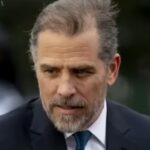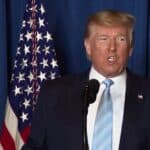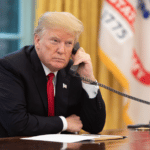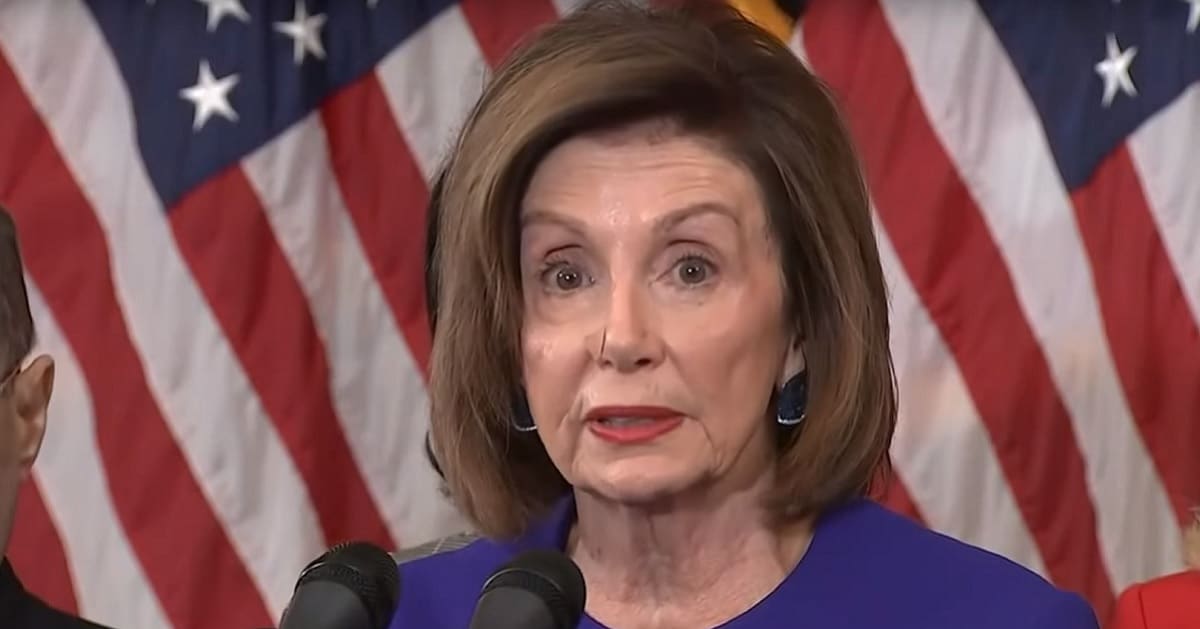

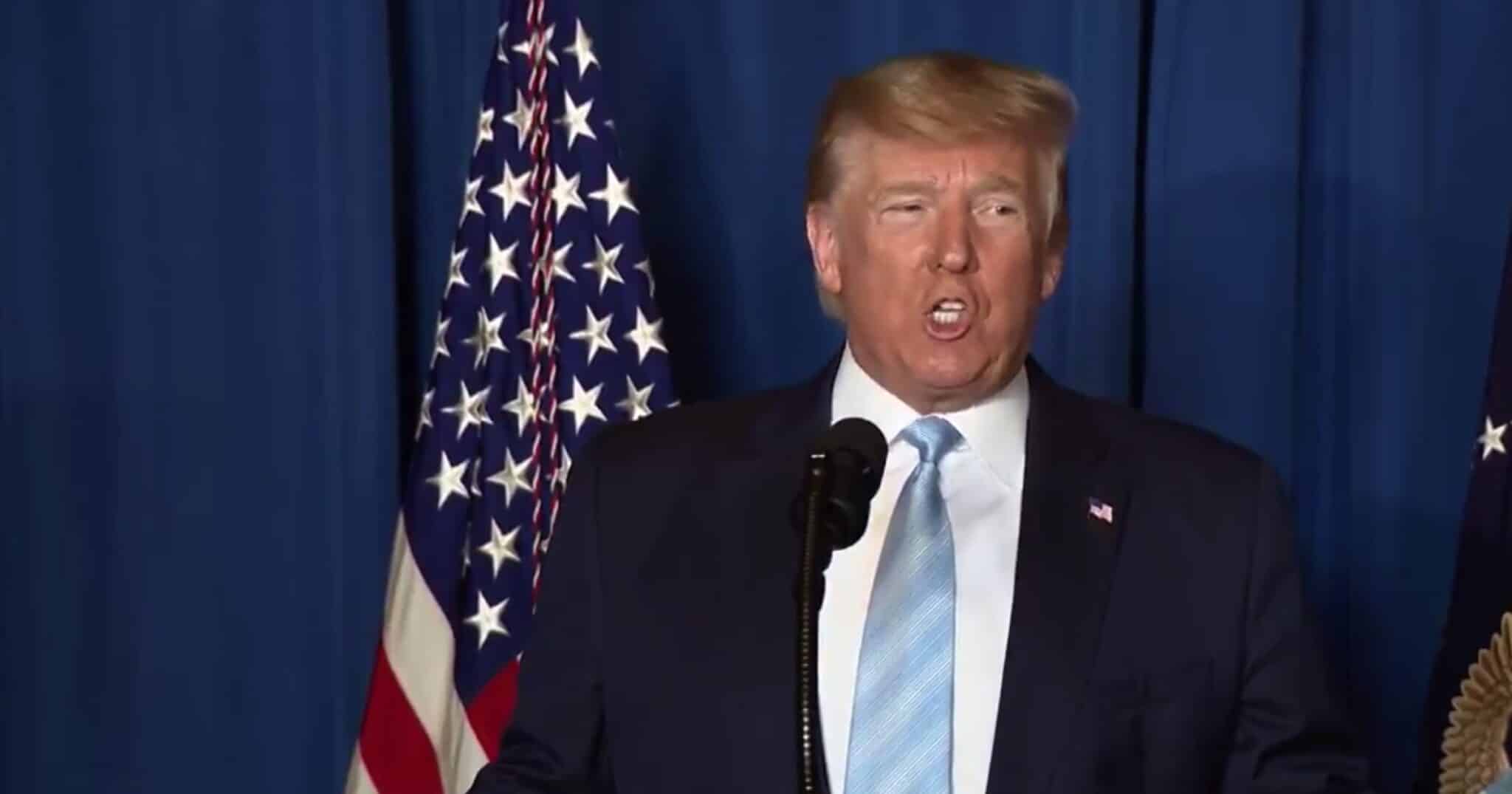
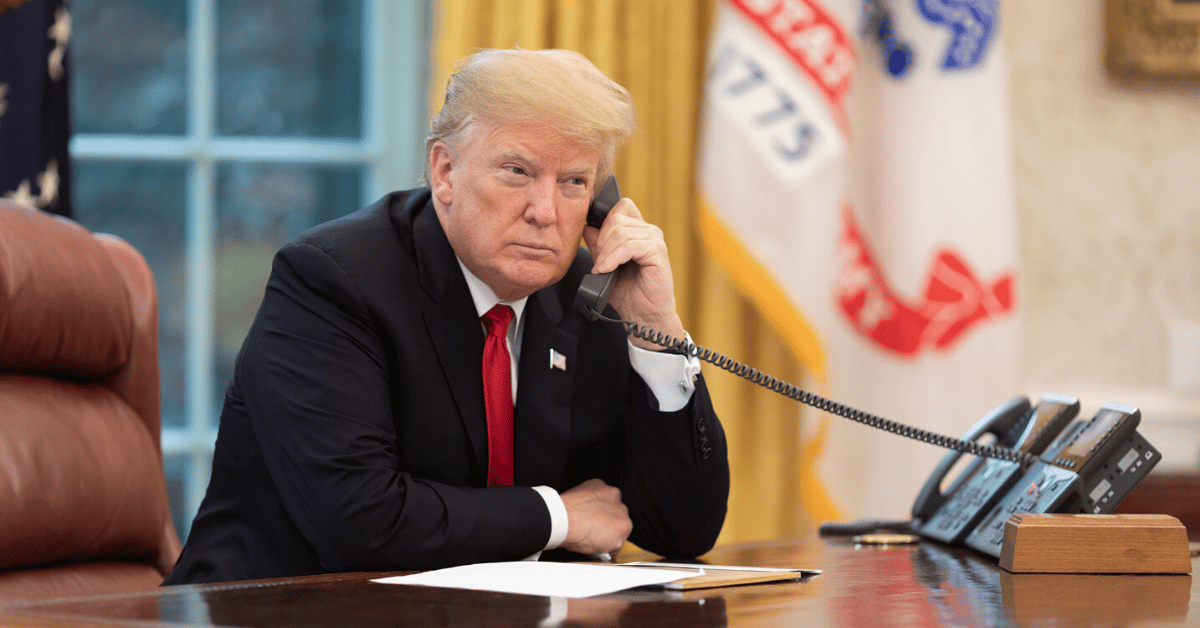

President Joe Biden stirred controversy during a recent visit to New Hampshire when he made a contentious statement suggesting former President Donald Trump should be incarcerated.
Breitbart reported that the remarks quickly gained significant attention, inciting reactions from political circles, including both support and condemnation and drawing a sharp rebuke from Trump's campaign.
Biden clarified that he meant Trump should be sidelined politically, yet the comments triggered criticism and further fueled the ever-growing political tensions as the election approaches.
Shortly after making the controversial statement, Biden offered an explanation, describing his comments as a call to politically marginalize Trump.
However, this clarification did not assuage all concerns. It was reported that even within Biden's administration, frustrations were evident, as expressed by a former official who stated Biden needed to be locked up himself.
A former official of the Biden administration, speaking with Alex Thompson of Axios, voiced a strong opinion about the president's remarks, suggesting that Biden himself was the issue, not Trump.
Citing Biden's perceived diminishing influence, the official predicted that the statement would fade into obscurity swiftly, relying on the belief that Biden's words carried minimal weight these days.
Meanwhile, Vice President Kamala Harris chose not to denounce Biden’s comments. The inaction stood out, given Harris's recent focus on the necessity of careful presidential rhetoric, a theme she's pursued alongside former President Barack Obama in their recent campaign tours. This collaboration highlighted the importance of measured speech in presidential settings.
The reaction from Trump's camp was pointed and immediate. Karoline Leavitt, the Trump campaign's national press secretary, criticized Biden's statement, framing it as an acknowledgment of the Harris-Biden administration's strategy to target Trump through political means.
She further expressed concerns about the erosion of democratic integrity, urging Harris to address Biden’s comments.
Leavitt's remarks underscored a wider accusation from Trump supporters that Biden and Harris aim to undercut Trump through political maneuvering, questioning the fairness of the upcoming electoral competition. This rhetoric has only intensified as the race tightens and opposing narratives clash more fiercely.
Biden's comments came as former President Barack Obama has been preaching about the ramifications of presidential language during an event on Saturday.
He underscored the seriousness of presidential discourse, especially in an era where misrepresentations and constitutional concerns frequently arise. His comments indirectly reflect the expectations placed upon current and future leaders to handle communication with gravity.
The ongoing dialogue about political rhetoric, exacerbated by such public exchanges, illustrates the divided climate in which current U.S. politics operates. As election season looms ever closer, every statement from high-profile figures like Biden appears scrutinized on an elevated scale, amplifying its potential fallout.
Within this fraught atmosphere, the "lock him out" clarification sought to mitigate the pointedness of Biden's critique but did little to dampen the critique from political operatives both inside and outside government spheres. The phrase "politically lock him up" sought to emphasize electoral strategies rather than legal consequences, a differentiation not immediately caught in the media churn.
Though the statement may be relegated as a transient moment in an endless news cycle, it speaks volumes about the fraught landscape of competitive rhetoric preceding major elections. Historical precedent shows how remarks, construed or misconstrued, can set the tone of campaign discourse.
